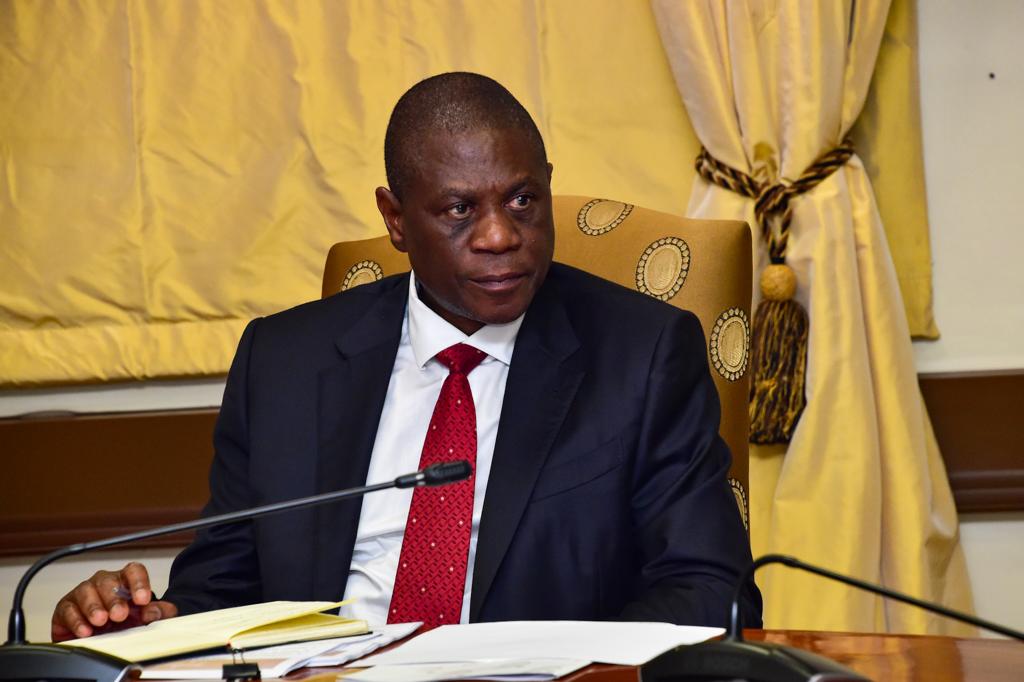Parliament’s ability to hold executives accountable continuously is a fundamental test to democracy, this is according to Deputy President Paul Mashatile who was talking at the Sector International Oversight Summit, in Cape Town.
The South African Legislative Sector Summit aims to enhance the sector’s effectiveness in oversight and adherence to the rule of law, with a focus on improving living standards for every South African.
Mashatile said the government has identified corruption, as abuse of state power, and maladministration as critical deficiencies that undermine our governance institutions and processes and thus erode public trust on trues.
“In this regard, Chapter 9 of the Constitution mandates the creation of institutions designed to protect and support democracy. One of these key institutions is the Office of the Public Protector, which in 2016 recommended that a Judicial Commission of Inquiry be established to investigate the allegations of State Capture in Government.
“To demonstrate our commitment to good governance, the Judicial Commission of Inquiry into allegations of state capture, corruption, and fraud in the public sector, including state organs, was established in January 2018. On the 23rd of October 2022, the Presiding Officers of Parliament received President Cyril Ramaphosa’s response to the recommendations of the Judicial Commission of Inquiry”.
Mashatile said the latest report received in Parliament is currently working on proper mechanisms to address the issues raised by the findings of the State Capture Commission.
The Presiding Officers of Parliament have already referred certain matters requiring direct action by Parliament to parliamentary structures for processing.
“As recommended, we must consider reforms to improve our procedures expeditiously. These include, among other measures “Statutory changes to clarify the principle of “amendatory oversight”, Regulation of Executive attendance and reporting to Parliament, making provision for procedures that will improve the Executive and Legislative interface”.
Mashatile acknowledged that more work still needs to be done to improve the lives of all South Africans, “I believe that we have effectively made strides in representing the South African people through our institutions, especially given that our democracy is relatively young in comparison to the number of years we endured under apartheid”.
South Africa’s corruption perception index has dropped to its lowest in 12 years and was below the global average, global corruption watchdog Transparency International said.
“Since Corruption Watch… started tracking its progress on the index 12 years ago, South Africa has never scored as low as 41 until now” the NGO, which is the local chapter of Transparency International, said.
Support for its ruling party, the African National Congress — which has been in power since the start of democratic rule in 1994 has dipped below 50 percent as the campaign heats up.
INSIDE POLITICS

